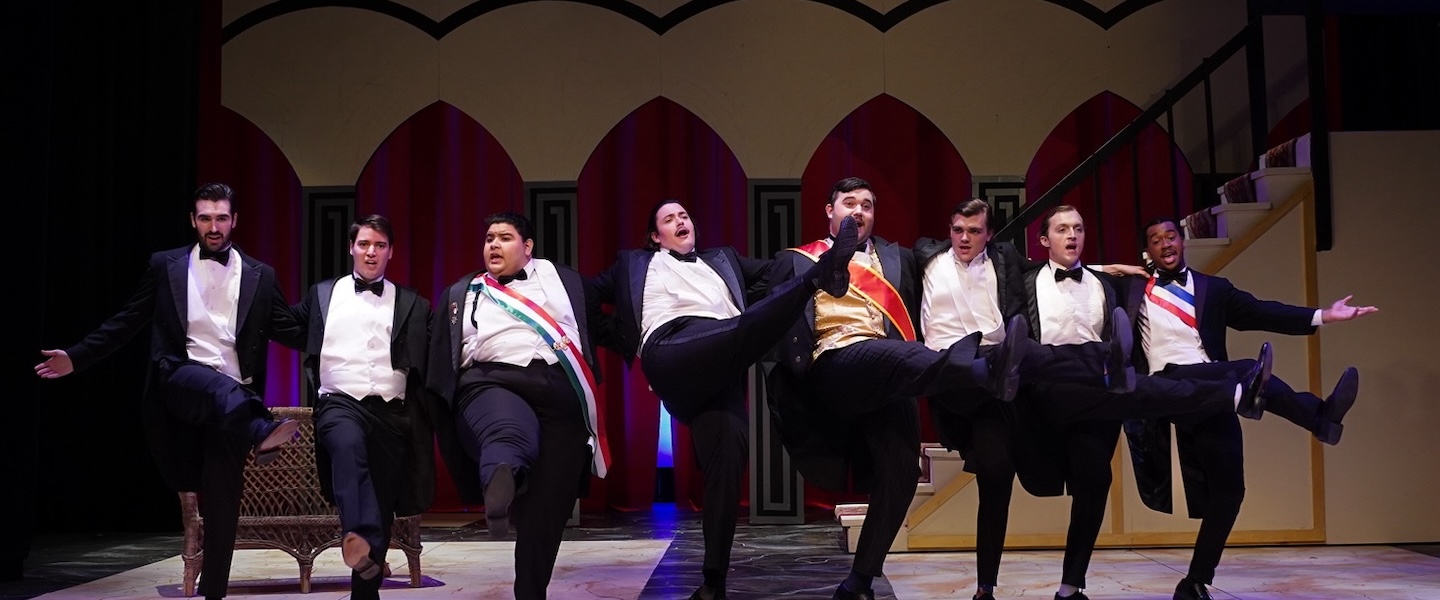Assistant Professor Savanna Sokolnicki shines light on Belmont’s Classical Voice program
Meet Savanna Sokolnicki: From Performer to Passionate Educator
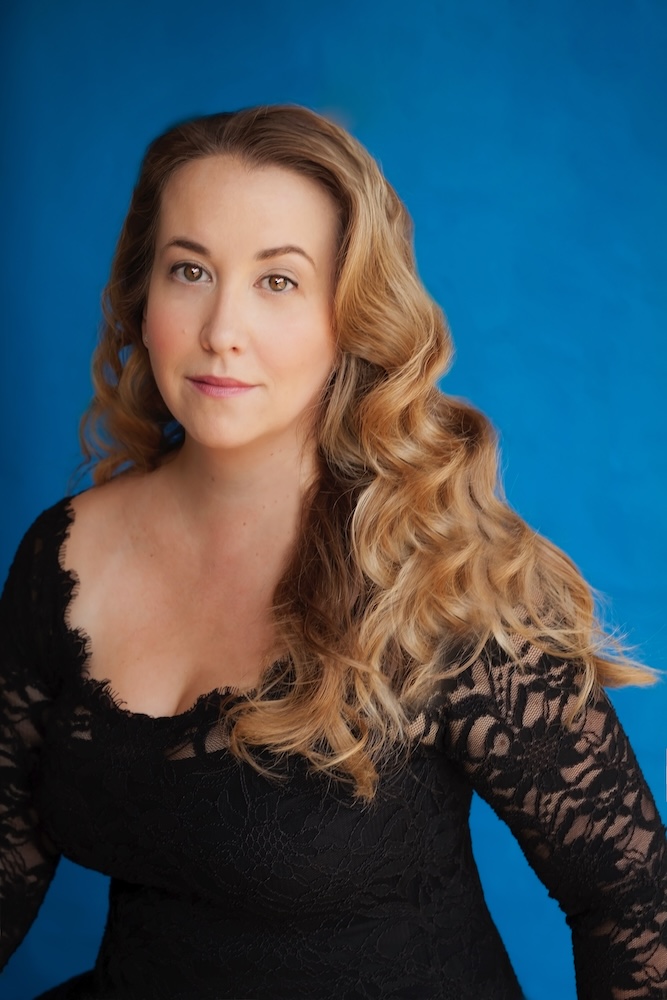 Starting with piano lessons at a young age, Dr. Savanna Sokolnicki discovered her vocal talents and fell in love with classical music. After completing her studies at the prestigious Eastman School of Music and pursuing her doctorate at the University of Kentucky, Sokolnicki found her way to Belmont in 2015, rekindling her passion for music education.
Starting with piano lessons at a young age, Dr. Savanna Sokolnicki discovered her vocal talents and fell in love with classical music. After completing her studies at the prestigious Eastman School of Music and pursuing her doctorate at the University of Kentucky, Sokolnicki found her way to Belmont in 2015, rekindling her passion for music education.
"Belmont was the first place I found in a long time that felt the same way my undergrad did," she recalled. "It fostered creativity and musicianship in a very supportive environment, and that made me love teaching here."
Sokolnicki teaches private classical voice lessons and directs Belmont’s opera.
Classical Foundations with Contemporary Applications
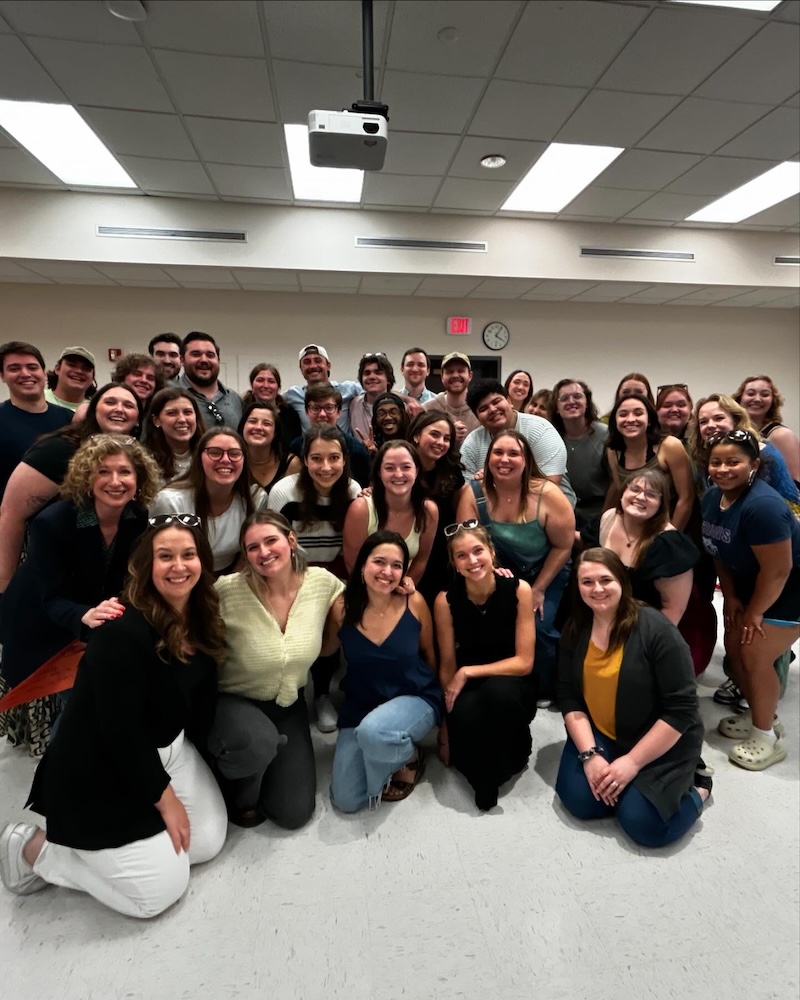 Sokolnicki said Belmont’s classical voice program, or the major in music performance, stands out by offering students a distinctive blend of traditional training and real-world applications. Unlike many music schools or conservatories, Belmont's program brings together students from various musical disciplines, creating a rich, collaborative atmosphere that prepares vocalists for the multifaceted world of professional music.
Sokolnicki said Belmont’s classical voice program, or the major in music performance, stands out by offering students a distinctive blend of traditional training and real-world applications. Unlike many music schools or conservatories, Belmont's program brings together students from various musical disciplines, creating a rich, collaborative atmosphere that prepares vocalists for the multifaceted world of professional music.
"One of the biggest pluses of a school like Belmont is that we have a range of music majors: musical theatre, classical, music business, music education and music therapy," she explained. "It's so nice to see people who are pursuing all different kinds of singing understand, grow and learn from each other and share in their growth. It’s so collaborative, and Belmont is distinctive in that.”
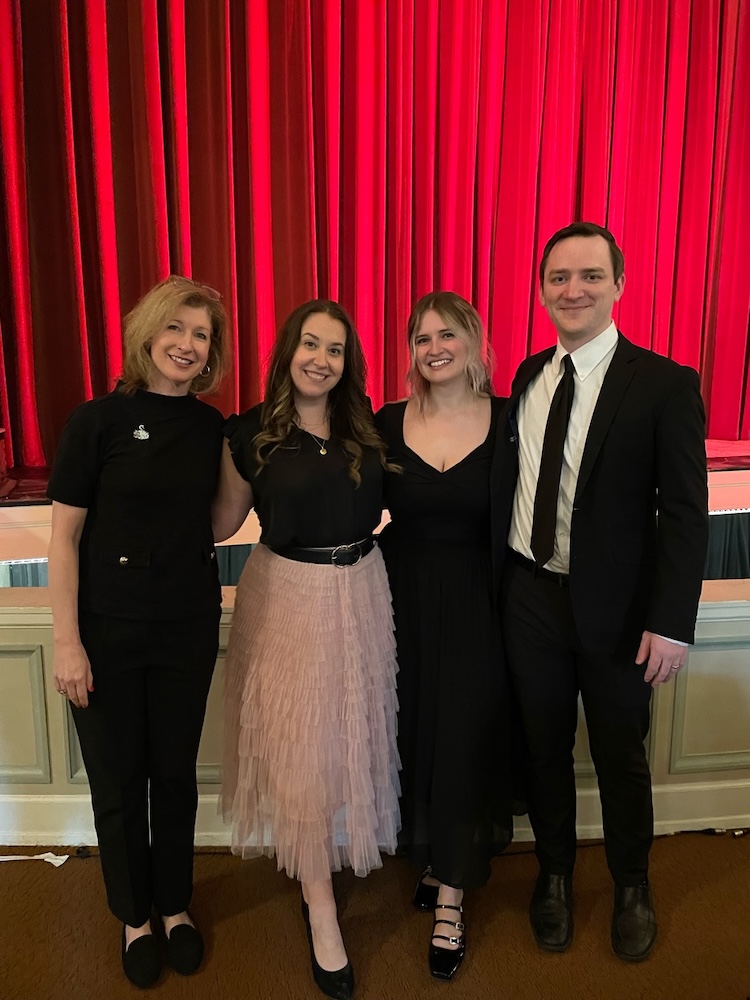 This interdisciplinary approach not only broadens students' musical horizons but also equips them with essential entrepreneurial skills. As Sokolnicki points out, musicians become their own businesspeople, their own marketing team, their own finance department, etc.
This interdisciplinary approach not only broadens students' musical horizons but also equips them with essential entrepreneurial skills. As Sokolnicki points out, musicians become their own businesspeople, their own marketing team, their own finance department, etc.
“A lot of time, you don't learn those things in school, you learn through life experience,” Sokolnicki elaborated. “And that can be fine; it can work, but how wonderful to enter that life experience with already a little bit of knowledge behind you? Belmont really brings that atmosphere through more than just one genre of music, which is special.”
The Classroom Experience: Technique, Creativity and Respect
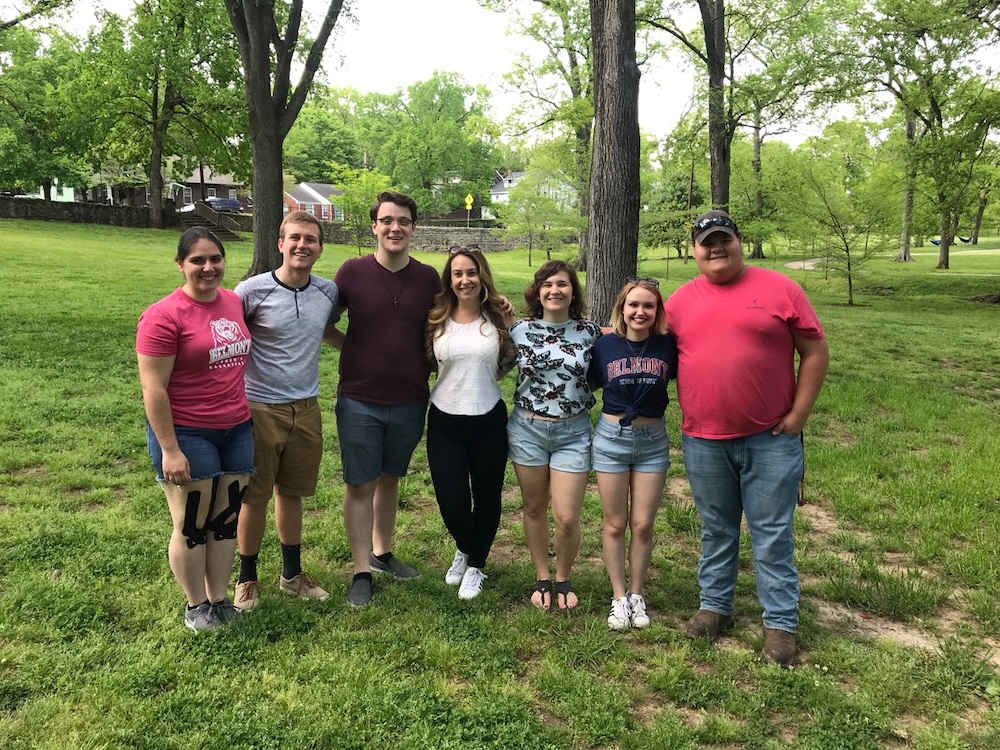 In Sokolnicki's classroom, students can expect a balance of rigorous technique work and creative expression.
In Sokolnicki's classroom, students can expect a balance of rigorous technique work and creative expression.
“Making music is creative and fun but breaking it down to the technique can feel like math. It can get aggravating for a musician because we just want to get to the creative part. But to get to the ‘making art’ part, you must do the hard work,” she explained. “So, I like us to focus on the hard work, but then give time and permission to put it aside and do something that makes us feel like a creative; that reminds us why we're doing what we're doing. And then go back to the hard work.”
Sokolnicki equates classical vocal training to the foundational role of ballet in dance, providing a solid technical base for any style of singing. "My job is to give them the tools to be able to do this for the rest of their lives, no matter what genre they choose to sing," she said.
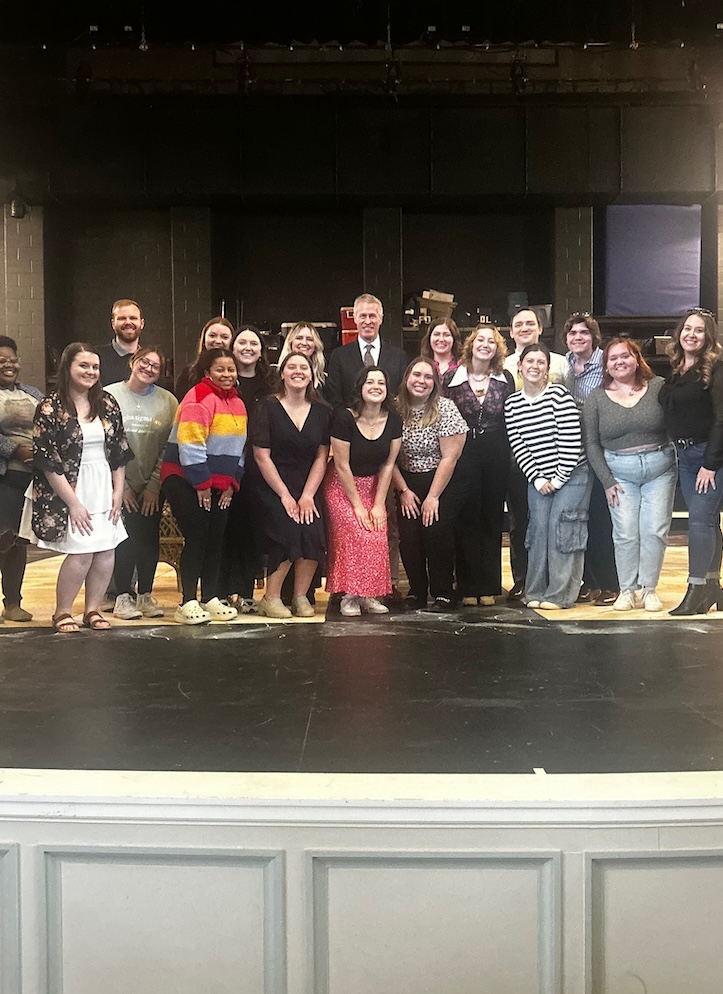
Beyond technique, Sokolnicki fosters an atmosphere of mutual respect and fun. "We're adults, we're working adults," she says of her approach to teaching. "Yes, they are earlier in their learning process, but I am not done with my learning process. So, I find that as we're learning together, both of us grow."
Beyond the Classroom: Belmont's Opera Program
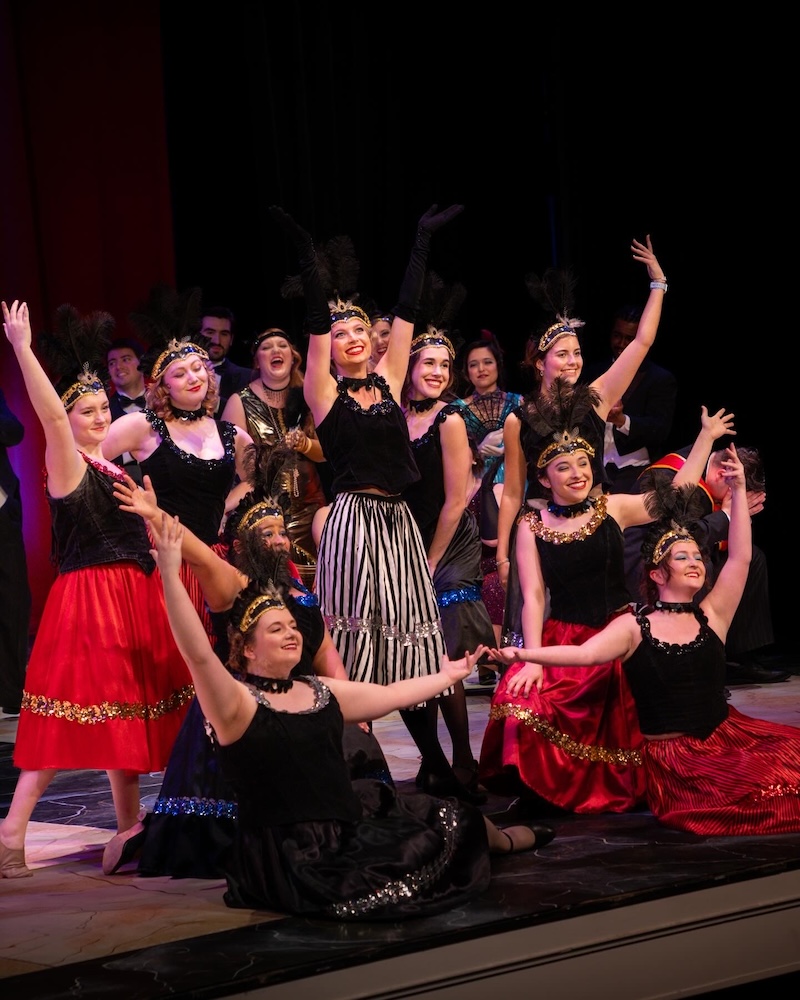 Belmont's opera program, under Sokolnicki's direction, offers students unparalleled opportunities to hone their craft. The program features a fall scenes production and a spring mainstage show, open to students from all majors across the University.
Belmont's opera program, under Sokolnicki's direction, offers students unparalleled opportunities to hone their craft. The program features a fall scenes production and a spring mainstage show, open to students from all majors across the University.
“It's a really lovely place for people to share that love of music and of opera and just being on the stage,” Sokolnicki said. “It's a real bonding experience that lets students meet people from around campus and share in that thing that they all love together, which is becoming a character, making music, telling a story.”
These productions focus on more than just singing. Students learn stage presence, character development and the nuances of performing without microphones. "We train on how to cross the stage in such a way that you're still being heard, and your character is still coming through," Sokolnicki explained.
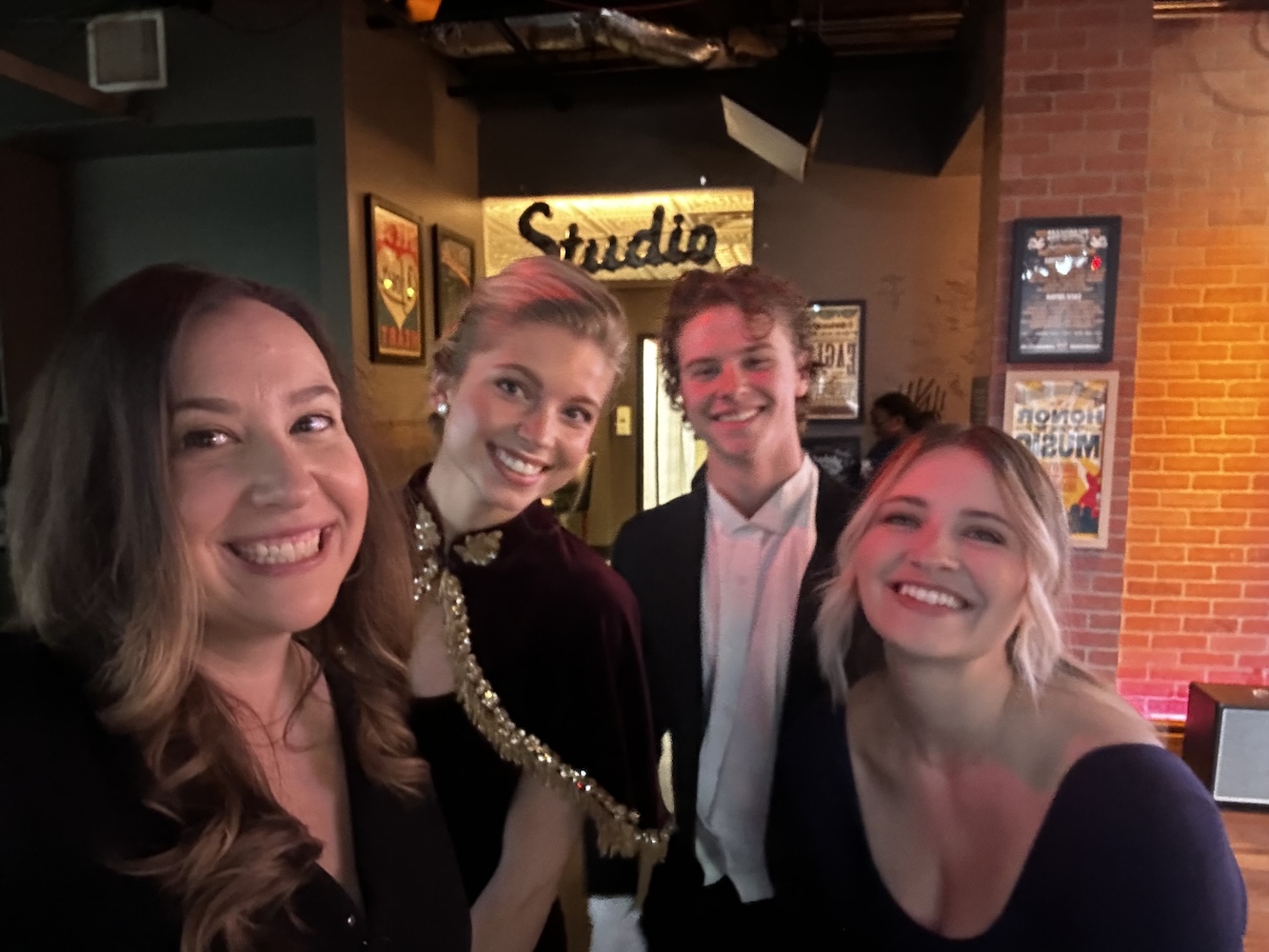
“It's also interesting for audience members because they get to sort of see all that opera has to offer,” she continued. “I think a lot of people still picture a lady with that hat -- just standing there and sing-shouting. That's not at all what opera is.”
The opera program has recently performed shows such as “The Merry Widow” and “Cinderella.”
Preparing Well-Rounded Artists for the World Stage
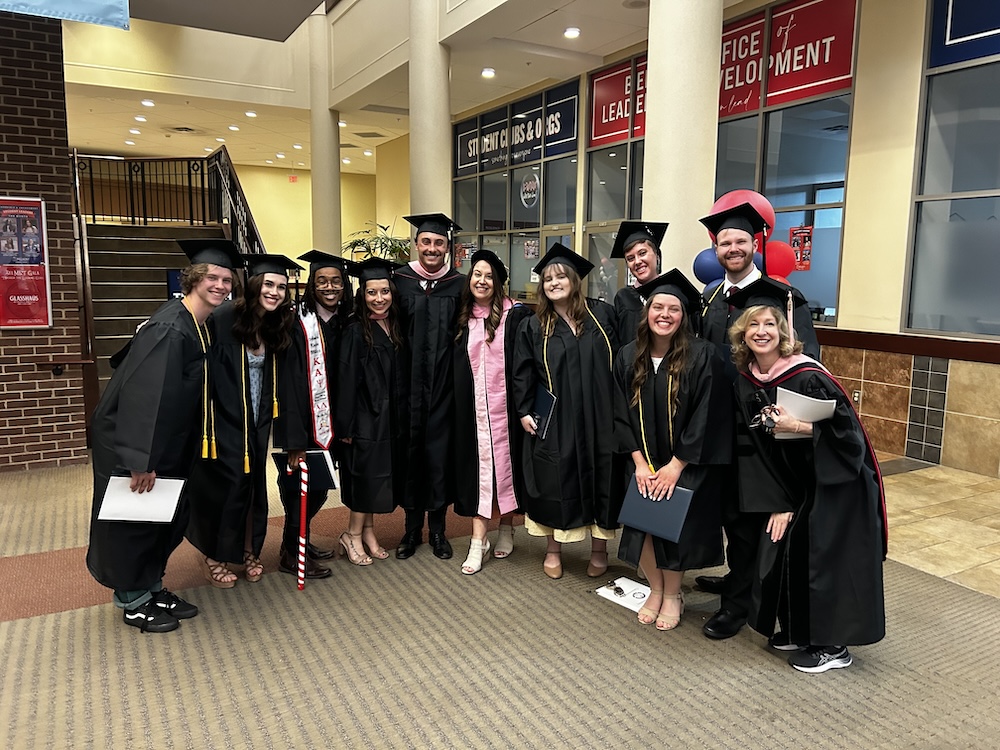 At Belmont, the focus extends beyond vocal technique to developing well-rounded, professional artists. Sokolnicki emphasizes the importance of respect, kindness and professionalism in her students' development.
At Belmont, the focus extends beyond vocal technique to developing well-rounded, professional artists. Sokolnicki emphasizes the importance of respect, kindness and professionalism in her students' development.
"I tell my students often that they are more than just their instrument. They are more than just the song they're singing,” Sokolnicki said. “I'm hoping to send out musicians in every sense of the word: artists, creatives, people that have a respect for the art form and respect for their colleagues."
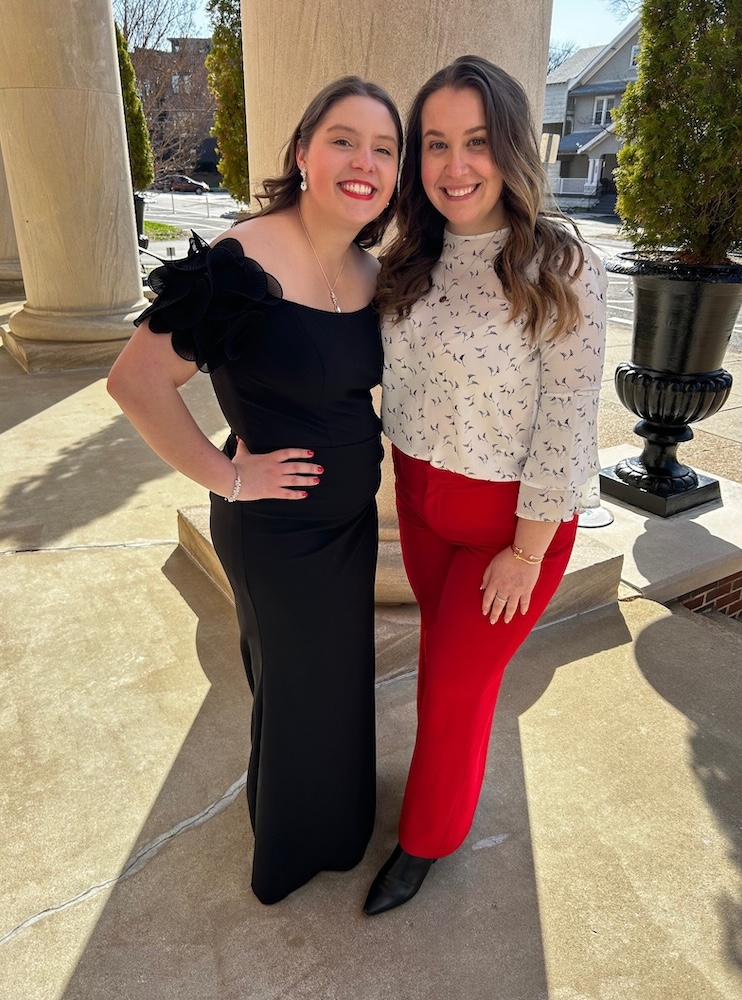
She continued, “One of the beautiful things about Belmont is the atmosphere we cultivate, and I hope my students take that with them when they leave this bubble,” she offered. “I tell them, ‘Don’t be the diva. Be the people you’re being now: the collegiate person, the person who shows up prepared, the kind person. Be more than just the thing you’re best at.’”
Why Choose Belmont for Classical Voice?
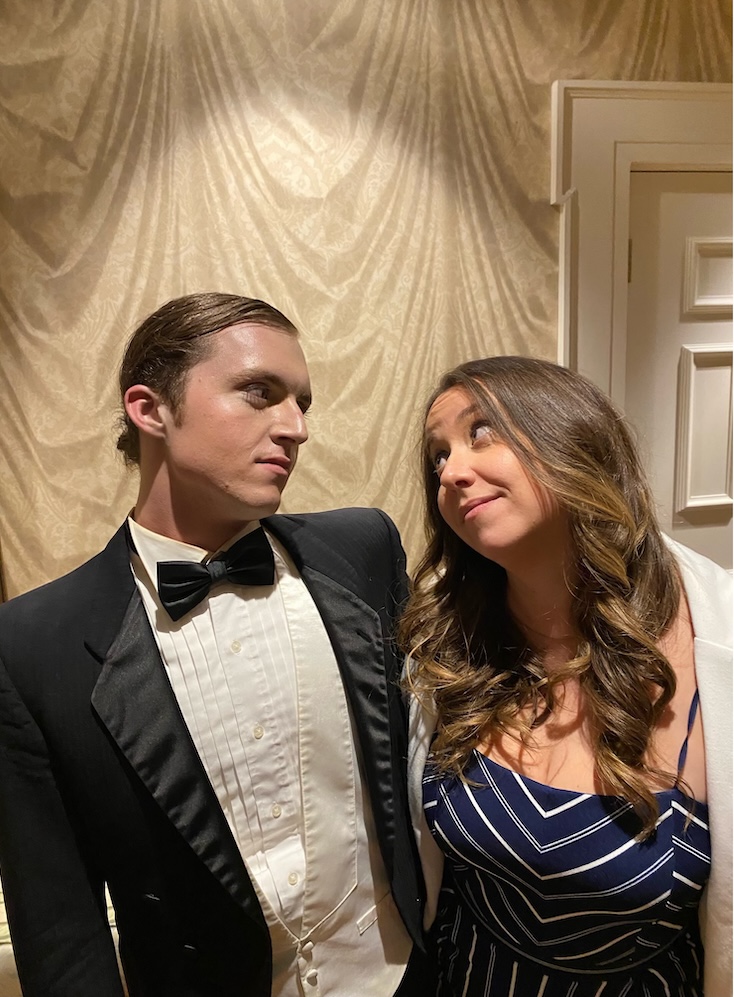 Belmont's classical voice program stands out for its comprehensive approach to artist development. This holistic approach has led to impressive outcomes, with Belmont graduates performing and studying around the globe. Sokolnicki proudly noted, "We have students studying abroad around the world right now – not just through Belmont, but outside voice programs like Opera Lucca in Italy and in Berlin.”
Belmont's classical voice program stands out for its comprehensive approach to artist development. This holistic approach has led to impressive outcomes, with Belmont graduates performing and studying around the globe. Sokolnicki proudly noted, "We have students studying abroad around the world right now – not just through Belmont, but outside voice programs like Opera Lucca in Italy and in Berlin.”
Moreover, Sokolnicki believes the supportive, collaborative environment at Belmont helps prevent burnout – a common challenge in intensive music programs. The emphasis on maintaining passion alongside rigorous training has led to high retention rates and successful outcomes.
“I think where you find people give up on their degree, what they've worked so hard on, is because of the burnout, not because they've lost the love for what they wanted to do,” Sokolnicki reflected. “The hard work can sometimes be so overwhelming that you step away from your passion. But the beautiful thing about Belmont is that it still cultivates that passion.”
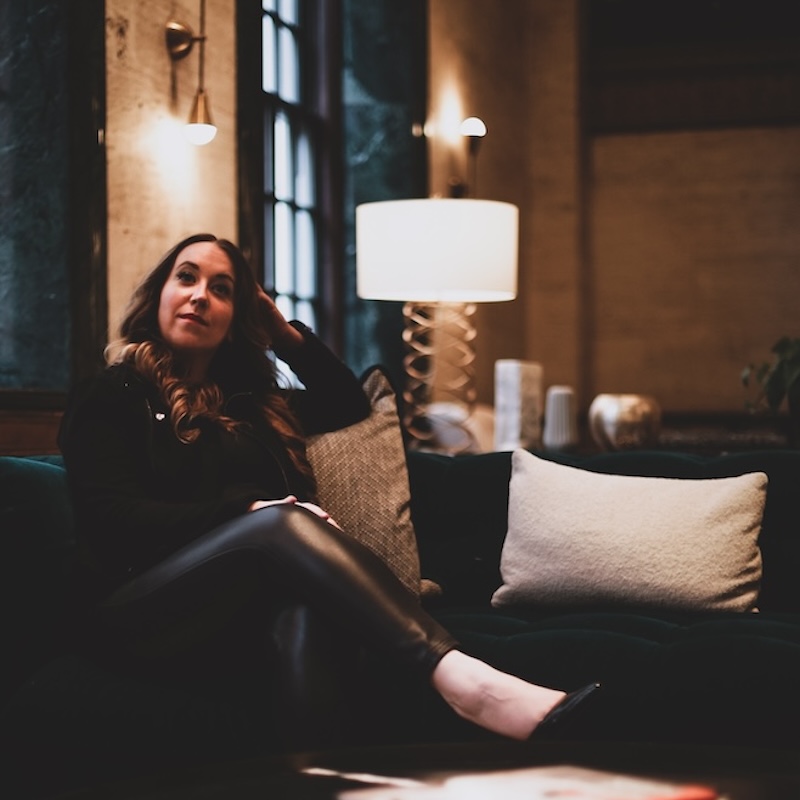
Sokolnicki said she doesn’t see many people change their major or veer from what they started out to do. Though they may change directions, they tend to stick to the field in which they’ve grown to love.
"When they leave here, sure, they feel tired from the challenge of collegiate assignments. But, they still feel that love that they started with,” Sokolnicki concluded. “It’s really fun to feel like I have students all over the world doing that thing they are passionate about."
With its blend of classical training, contemporary relevance and focus on holistic artist development, Belmont's classical voice program offers an exceptional launchpad for aspiring vocalists. Under the guidance of dedicated educators like Savanna Sokolnicki, students are well-prepared to hit the high notes in their future careers.
Learn More
Classical Voice at Belmont

